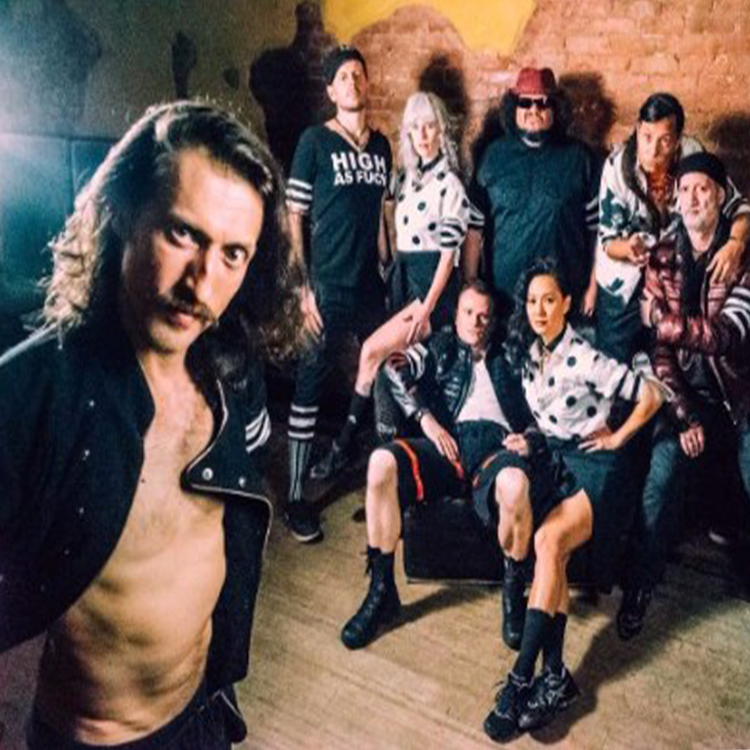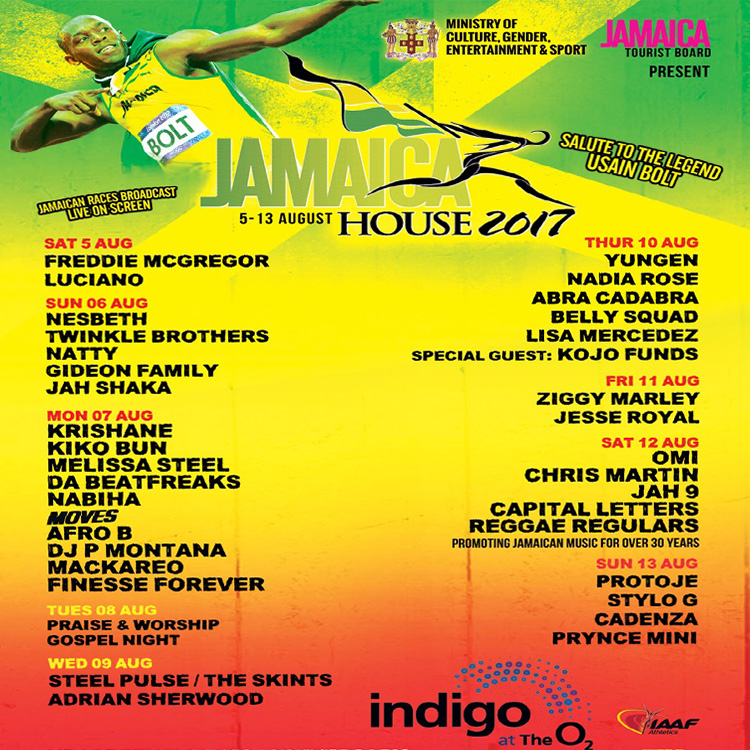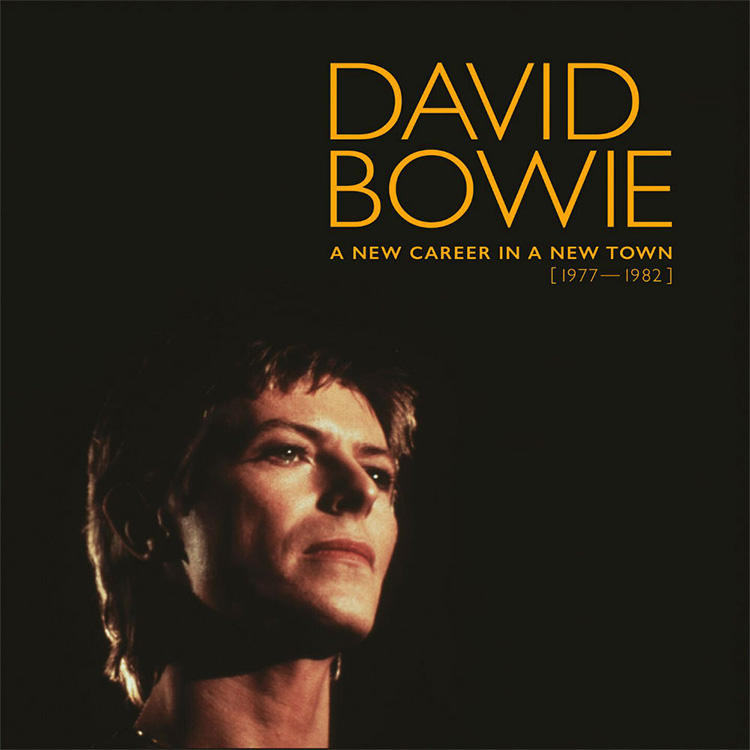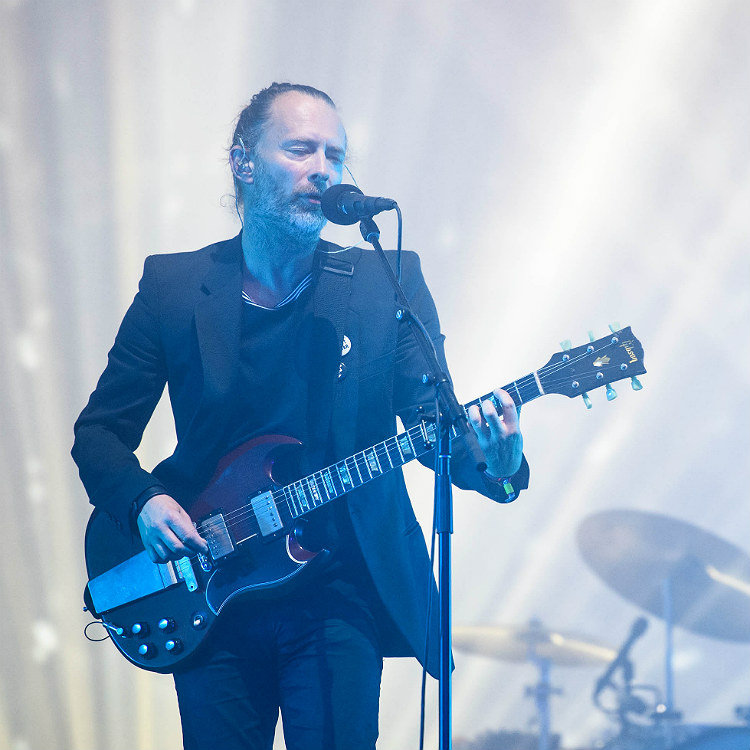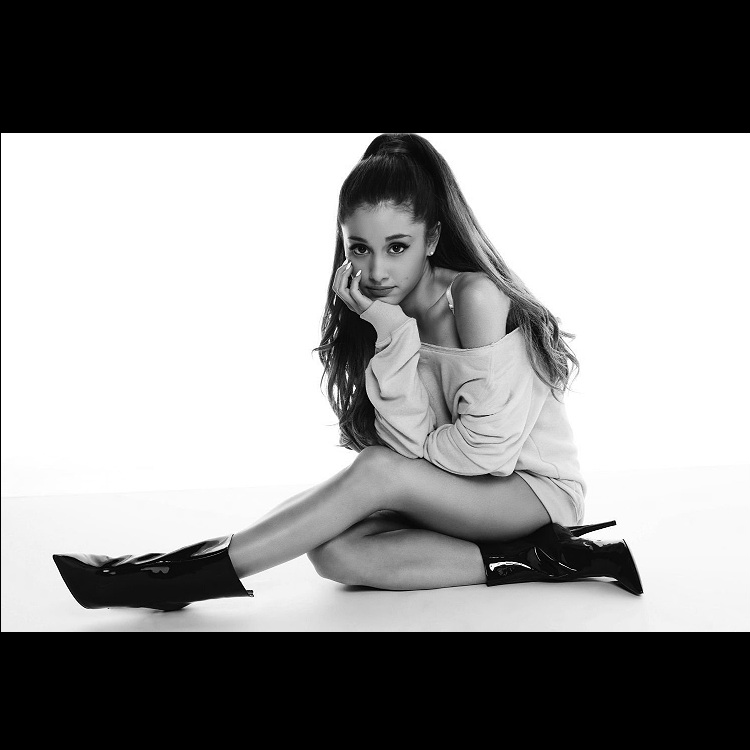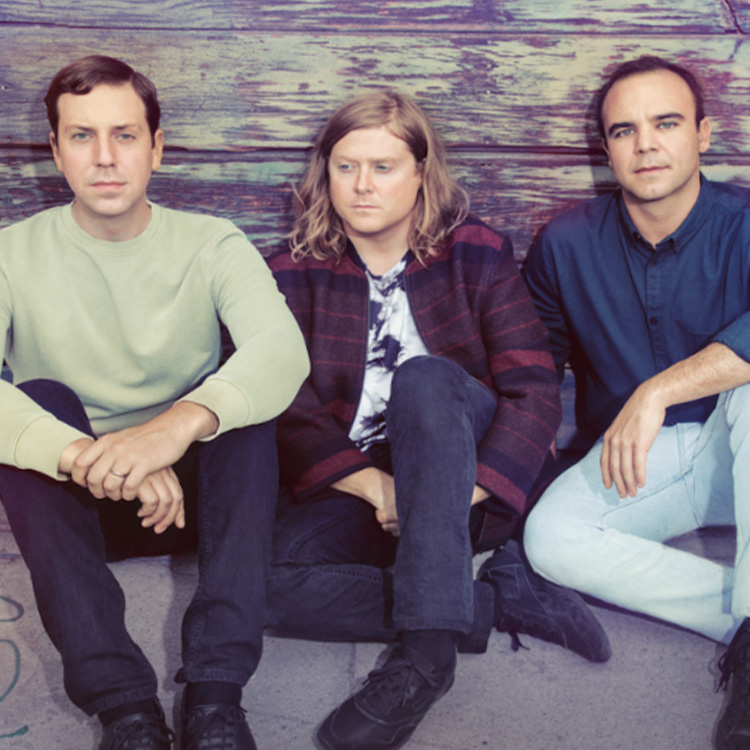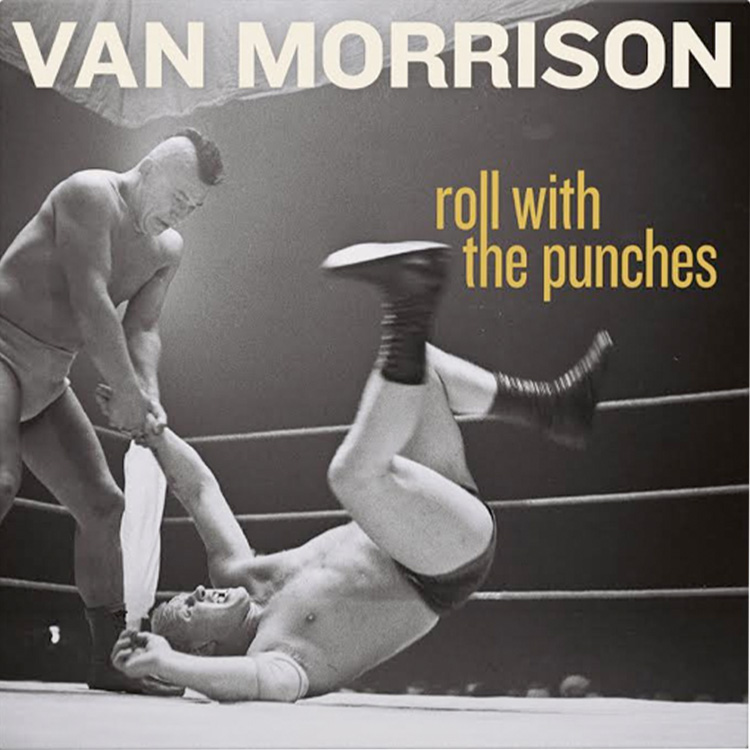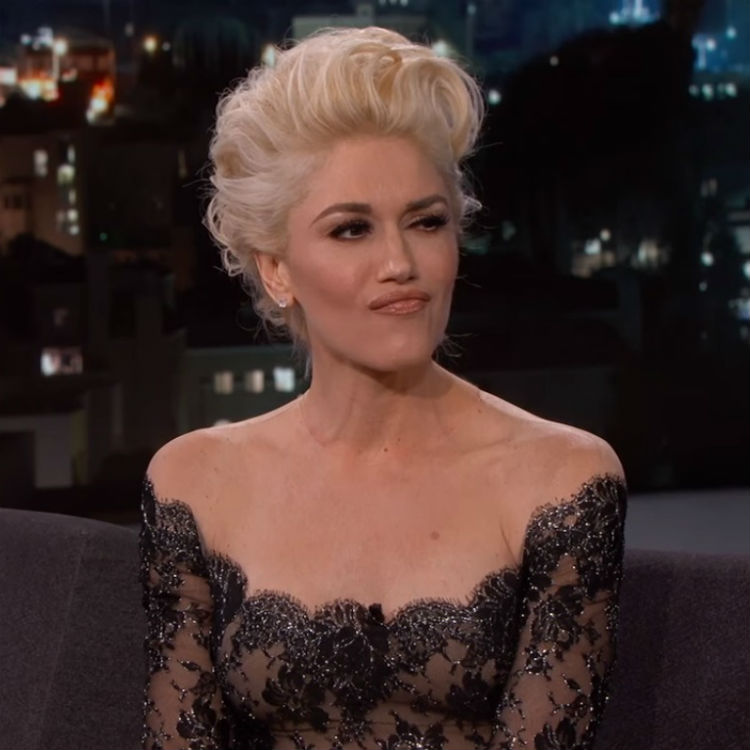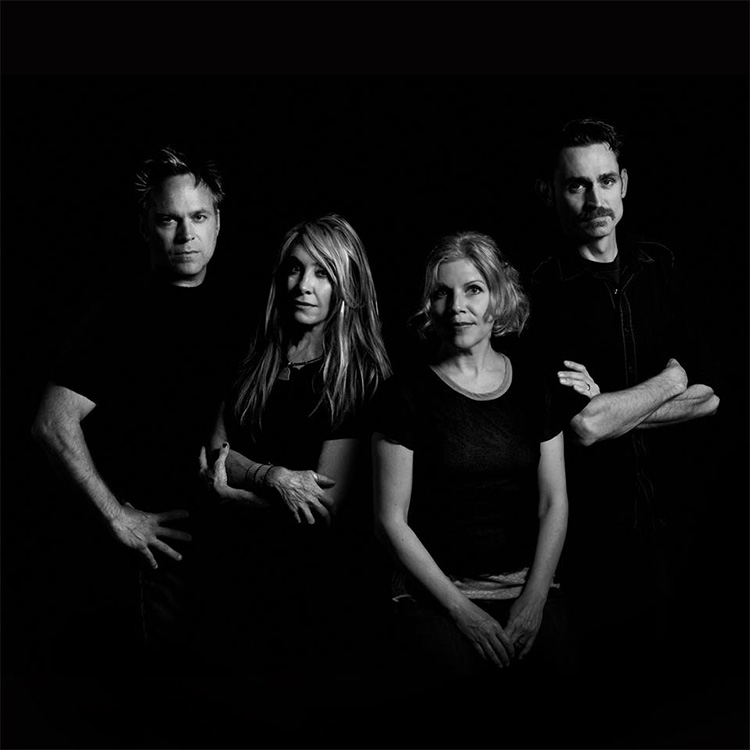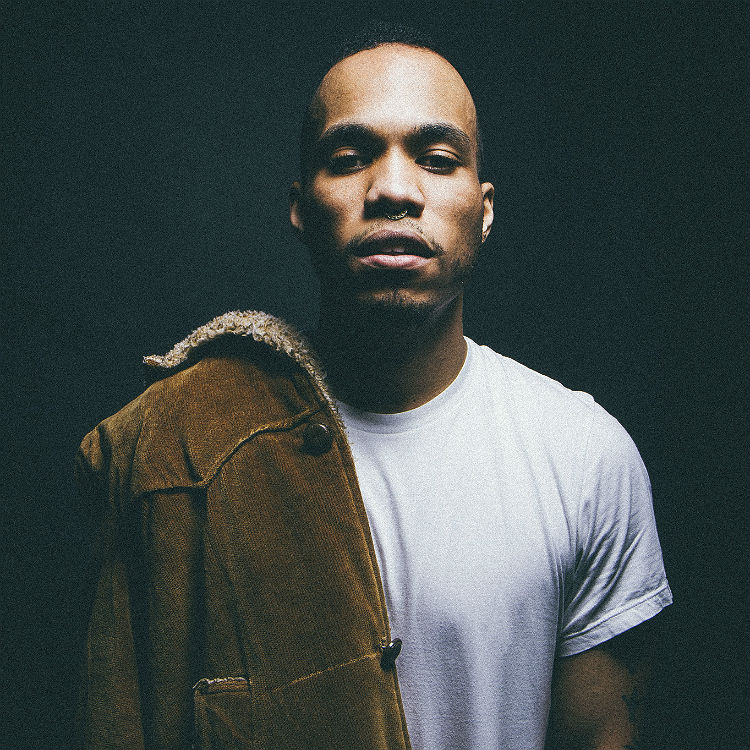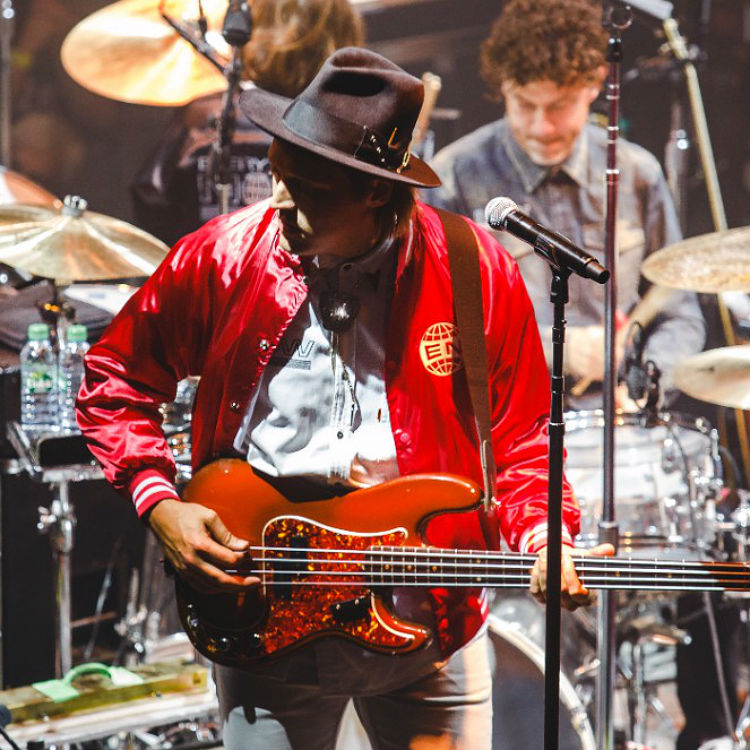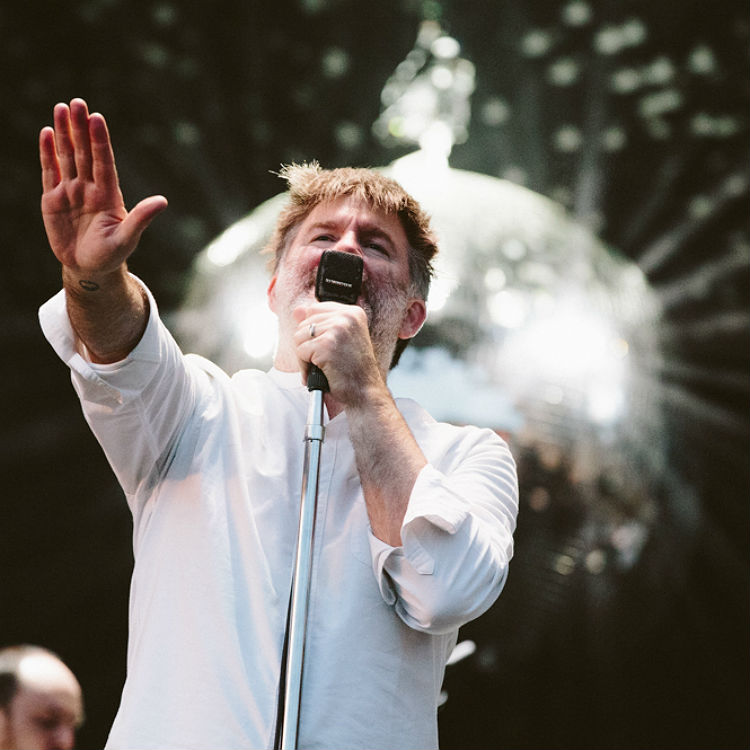 Photo: Press
Photo: Press
As far as documentaries go Rubble Kings is as good as it gets. Looking back at gang culture in The Bronx during the 1960s and 1970s and how it eventually helped to spawn what we now know as Hip Hop, its gripping, and at times horrific, footage coupled with commentary from many of those involved in the violence makes for one hell of a watch.
Seen through the lens of director Shan Nicholson, with narration from John Leguizamo, as well as a production credit for Jim Carrey, Rubble Kings is the real life story of the theatrical movie The Warriors. Documenting early gang violence through to the pivotal Hoe Avenue peace meeting and then the birth of Hip Hop culture, according to Carrey the documentary is about “really courageous people overcoming seemingly impossible odds and rising to love.”
Another important member of the Rubble Kings team is its music producer, Little Shalimar. After producing the music for narrative short Mosquito, longtime friend Nicholson asked if he could use some of Mosquito’s music for his upcoming documentary. After lending his music to the film he then ended up becoming its music producer and the producer of the accompanying soundtrack.
Featuring names such as Bun B, eXquire, Ghostface Killah, and Run the Jewels - whom Little Shalimar already had a working relationship with - the soundtrack hosts both new material and a selection from the film’s score and is available on Nas’ Mass Appeal Records.
Sitting down with Gigwise to discuss all things Rubble Kings, film scoring and Nas, Little Shalimar begins by explaining how he got his name.
How did you get your name?
“It’s actually a totally stupid answer. The first recording I ever made on a four track by myself - I was probably like 19-years-old and super fucking high - I just said Little Shalimar with a bunch of delay and I thought it sounded cool.”
So it had nothing to do with the group Shalamar?
“No, I would have spelt it correctly if that was the case. It was just something that I thought sounded cool when I was 19 and it was my DJ name for years. For a long time all my record credits were under my government name (Torbitt Schwartz) and my DJ credits were Little Shalimar, and at a certain point for branding purposes I was just like, ‘Alright, I’m going to choose one thing. I’m working on all these rap records so I’m just going to go by a rap-type alias.’ So I went with Little Shalimar. I thought about changing it back recently and then I just thought that I have too many credits under the name Little Shalimar, so I’ve stuck with it.”
How did you first come into contact with Hip Hop?
“I was born in Kentucky and moved to New York in ’84 when I was 10. I had already heard a little bit, you know? I knew a couple of little things here and there, and then when I moved to New York it was everywhere, it was the sound of the street. So I had moved from a relatively privileged background in Louisville, Kentucky to Flatbush, Brooklyn in ’84, which was fucking crazy! It was mind-blowing, scary, dangerous, and Hip Hop was the soundtrack. I was immediately hooked.
“There were two stations on the radio that were playing rap on Thursday, Friday and Saturday nights. Straight away I was sitting there taping Chuck Chillout, Marley Marl, and DJ Red Alert sets. It was the first genre of music that I really became a fan of. And then as I started getting a little older I started digging into the sampling, and that’s the stuff that made me play music. That’s when I was like, ‘I’m gonna learn how to play instruments. Oh, that’s where this came from?’ Because I didn’t understand. I understood it was made using turntables, and I kinda understood what a sampler was but not really. And then when I figured out, ‘Oh that Jungle Brothers shit is this Mandrill record. I’m gonna learn how to do this.’
“As much as I went through identity crisis after identity crisis I still didn’t… and El [P of Run the Jewels] asked me this, he asked me why I never became a rapper. I just never felt I could prosper in that way. It’s the same reason why I didn’t become a singer until much later on in life. But I did very quickly realise the instrumental shit came pretty easy to me. So I just ended up gravitating towards that side in terms of my creative outlet. But in terms of setting out and making rap music, that didn’t really happen until I started working with El, it’s a relatively recent thing. It’s always been a huge, huge, huge part of who I am but I wasn’t really making the records until then.”
So for a period of time is that how you made a living - doing scores and replaying things for artists similar to what Adrian Younge does?
“Yeah, I guess. I like making shit that doesn’t exist and that’s why I’m a musician because I want to hear new shit in the world. I actually don’t do very much replaying, that’s not really my vibe. That’s one thing that’s cool about a film like Rubble Kings, it’s period music.
“Normally I have to spend a lot of time making my shit not sound old because that already exists. So I’ll come up with something and I’ll be like, ‘Alright, well I can too easily trace this to that record and I know it’s been digested and I really don’t wanna shit out that same thing.’ With this it was meant to sound old. It was meant to sound this way and it was actually pretty fun and liberating, and I’m not putting down what Adrian does at all. I totally see great value in what he does. It’s just not my thing to make throwback sounding stuff.”
How did you get involved in Rubble Kings?
“Me and Shan [Nicholson] go way back. He told me he had this doc and there was no way he was going to be able to clear all of the music that he had in it, and I had done this other short film called Mosquito that was set in the Bronx in ’73 and he asked me if he could use some of the music from it. So after putting some of the music from Mosquito in Rubble Kings I just went on to do the rest of it.”
The soundtrack has been put out on Mass Appeal Records, how did that come about?
“So we got various offers to put out the score as an album from a few people that I personally didn’t really wanna fuck with. Shan hit me up and was like, ‘Yo, these guys wanna put out the album,’ and I was like, ‘Nah, I’m not fucking with them but that’s a good idea, let’s do something.’ Then once we got talking and this idea of the album being half shit from the movie and half new shit became solidified we just shopped it around.
“Generally I have a problem with asking for shit, and it was actually an eye opening experience to realise I wasn’t asking, I was actually offering something. This was the first record I really shopped, and I went and I took it to a bunch of different labels and a bunch of different labels were interested. In the end Mass Appeal just made the most sense, partially because of the Run the Jewels connection - I knew it was valuable for them because there was an unreleased Run the Jewels tune on it.
“They’ve been super supportive and straight away understood the vision for it. I knew they were down for the cause and they were down to help me get any artists I wanted on it, although it basically turned out that I just used people that I knew already, except for Ghost[face Killah] - that’s the only artist they really brought to the table.”
Being that Nas started Mass Appeal Records, did he have anything to do with the process?
“No. I really wanted him on the album - I even wrote a couple of joints for him - and he’s a big fan of the documentary. Shan and One9 - who directed Nas’ Time Is Illmatic - have become close and One9 showed the movie to Nas and he loved it, he was even tweeting about it. So I was very hopeful that we could get Nas on the soundtrack but he’s kind of in the midst of this never-ending record that he’s gotta finish for Def Jam. So timing-wise it just didn’t work out.”
Soundtracks used to be so popular and in the realms of Hip Hop were looked at as the mixtapes of the day. Do you still see value in them?
“I absolutely do. Someone was asking me the other day why there are so few Hip Hop soundtracks, and I think mostly it’s because historically the people scoring films are older white dudes who went to a music conservatory that know how to do [a certain style] but I feel that’s changing… a lot. I think that there are so many people around my age, who even though might have gone to a conservatory still grew up familiar with some of these newer cultures. So I’m hopeful that you’ll soon see some interesting music and soundtracks coming out.
“I love scoring, I think it’s an awesome exercise to put music to film and to link them. It was really fun to make the soundtrack to Rubble Kings. Thinking about it for a second, we do actually see some good soundtracks, you know? There is a tried and true tradition of a fake soundtrack, like Jay Z’s American Gangster.”
Out now, visit the official website to download the Rubble Kings documentary at www.rubblekings.com. Or pick up a physical copy of the soundtrack at all the usual music outlets and receive a free download of the documentary.

